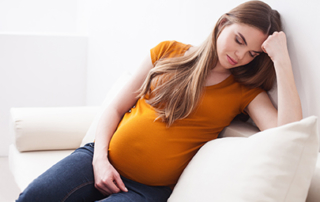L-Methylfolate for the Treatment of Depression: Can We Use it During Pregnancy?
Last summer, we posted a blog about using folate to treat (and perhaps prevent) depression in women of childbearing age. Supporting that recommendation are the several reports indicating that people with lower folate levels are at higher risk of major depression or may experience more severe depressive symptoms. Other studies have indicated that in folate-deficient patients, antidepressants may be less effective or may take longer to take effect.








